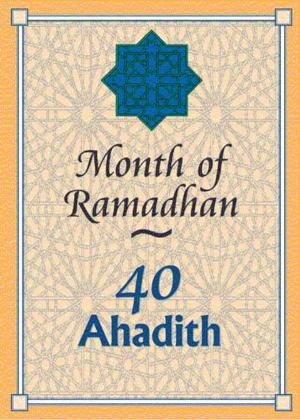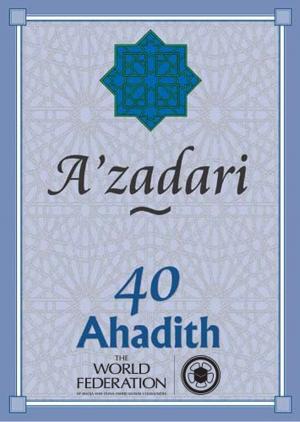Karbala, The Complete Picture
Nonfiction, Religion & Spirituality, Middle East Religions, Islam, History, Middle East| Author: | Mahmood Datoo | ISBN: | 9780957098527 |
| Publisher: | The World Federation of KSIMC | Publication: | April 3, 2012 |
| Imprint: | Smashwords Edition | Language: | English |
| Author: | Mahmood Datoo |
| ISBN: | 9780957098527 |
| Publisher: | The World Federation of KSIMC |
| Publication: | April 3, 2012 |
| Imprint: | Smashwords Edition |
| Language: | English |
The book starts by tracing the ancestors of Imam Husein (as) and Yazeed, the two principal figures involved in the tragedy of Karbala. The family tree of Imam Husein (as) is looked at in detail, with particular reference to those who are connected with the tragedy of Karbala.
The book then explores systematically the regional, political and religious developments during the time of the Holy Prophet and the succeeding leaders, Leader Abu Bakr, Leader Umar, Leader Othman and Imam Ali (as).
The circumstances leading to, and the content of, the political settlement between Imam Hasan (as) and Muawiya are explained. This is then followed by an account of the methods used by Muawiya to ensure his son Yazeed succeeds him as the leader of the Muslims.
The text then goes on to examine the situation when Yazeed comes to power. His demand for personal allegiance of Imam Husein (as) sparks off a chain of events that finally lead to the tragedy of Karbala. These events, from Madinah to Makkah to Kufa and finally to Karbala are elaborated upon step by step.
The activities of the days spent in Karbala are discussed and a full description is given of exactly what happened on the day of Ashura. The trials and tribulations experienced by the survivors of Karbala in Kufa and Damascus are outlined. Finally, the book ends with an analysis of who won the campaign and an overview of events that bring about the downfall of the Umayyas.
The book starts by tracing the ancestors of Imam Husein (as) and Yazeed, the two principal figures involved in the tragedy of Karbala. The family tree of Imam Husein (as) is looked at in detail, with particular reference to those who are connected with the tragedy of Karbala.
The book then explores systematically the regional, political and religious developments during the time of the Holy Prophet and the succeeding leaders, Leader Abu Bakr, Leader Umar, Leader Othman and Imam Ali (as).
The circumstances leading to, and the content of, the political settlement between Imam Hasan (as) and Muawiya are explained. This is then followed by an account of the methods used by Muawiya to ensure his son Yazeed succeeds him as the leader of the Muslims.
The text then goes on to examine the situation when Yazeed comes to power. His demand for personal allegiance of Imam Husein (as) sparks off a chain of events that finally lead to the tragedy of Karbala. These events, from Madinah to Makkah to Kufa and finally to Karbala are elaborated upon step by step.
The activities of the days spent in Karbala are discussed and a full description is given of exactly what happened on the day of Ashura. The trials and tribulations experienced by the survivors of Karbala in Kufa and Damascus are outlined. Finally, the book ends with an analysis of who won the campaign and an overview of events that bring about the downfall of the Umayyas.















